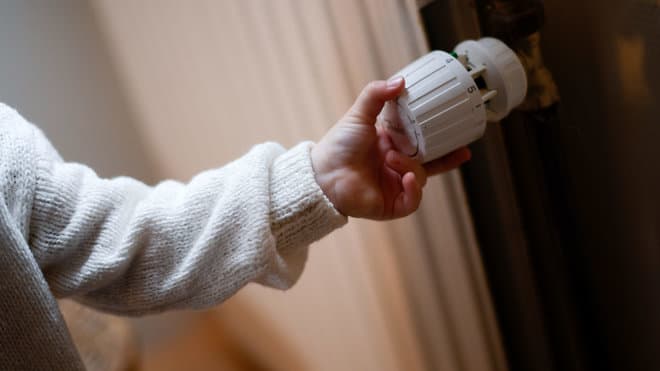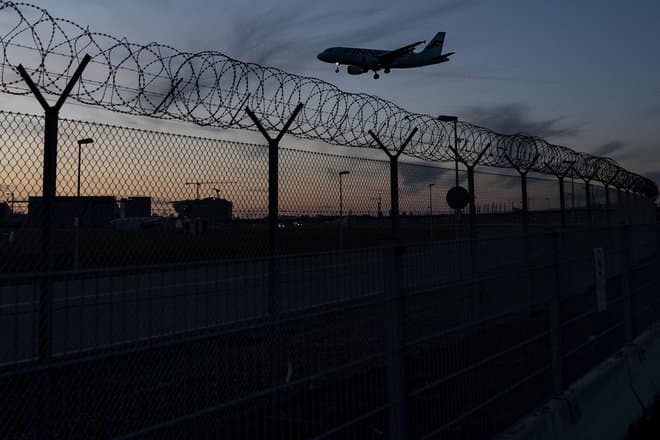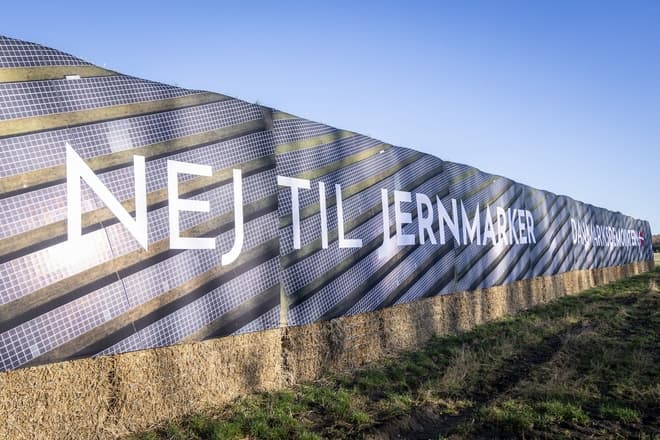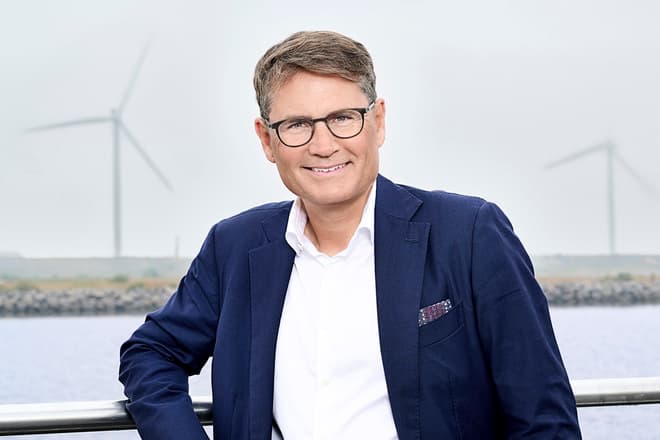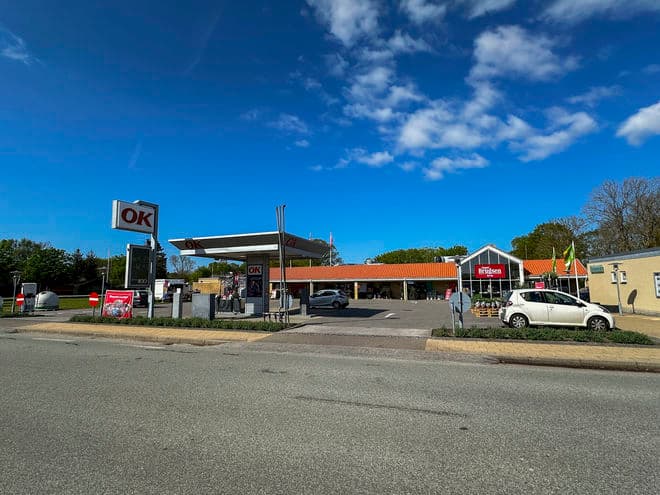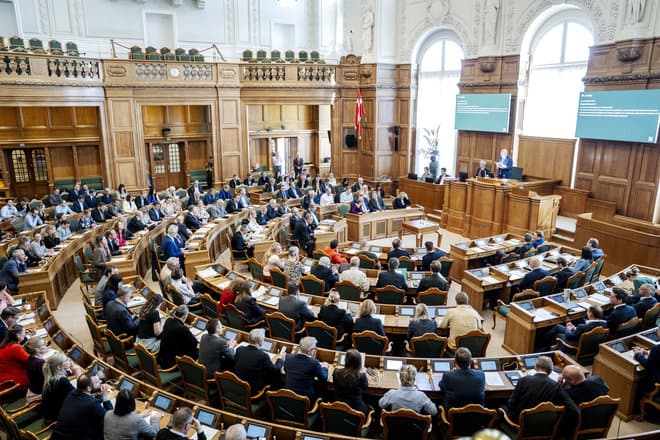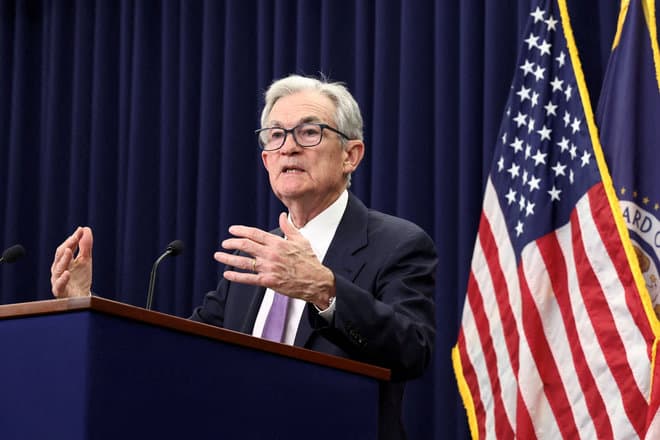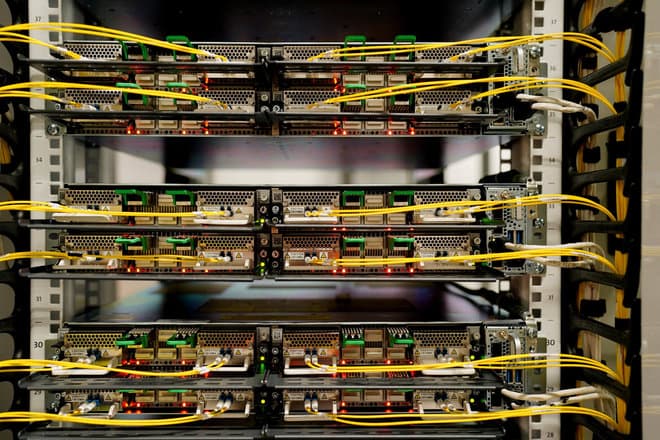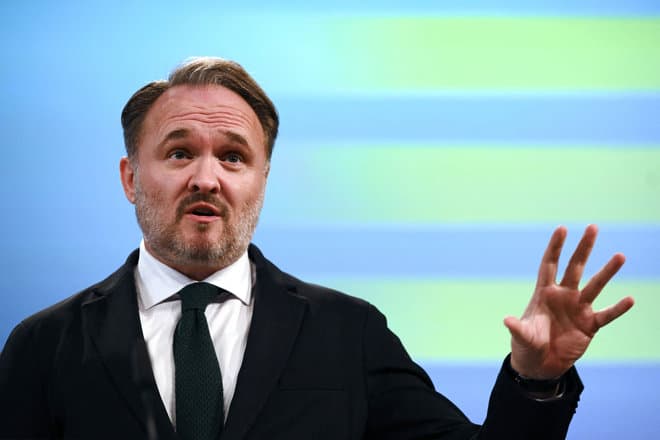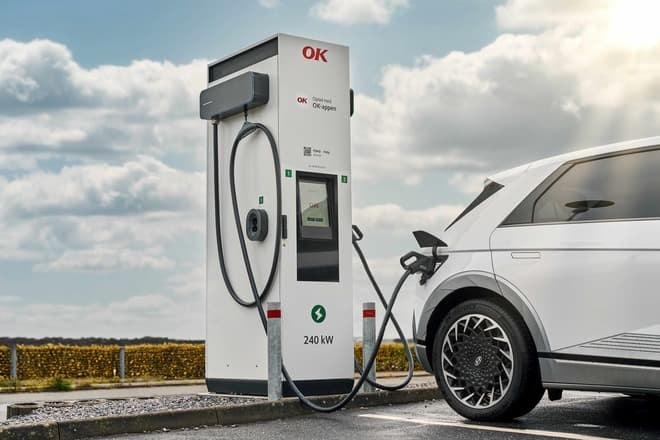From now on, electric cars made in China will face tariffs of up to 45.3 percent when imported into the EU. The European Commission decided on Tuesday, Reuters reports.
The EU already has a tariff of 10 percent on Chinese electric cars. Following an investigation into Chinese state aid, EU countries decided earlier in October to impose up to 35.3 percent additional tariffs on electric cars from Chinese factories. It is this increase that has now been formally adopted, a senior EU official told Reuters.
The new tariffs will come into effect on Wednesday. The additional tariffs differ by car brand. Tesla, which will be hit by the smallest increase, will be hit with an additional 7.8 percent tariff, while Chinese car brand SAIC will be hit with an additional 35.3 percent. customs.
The changes are intended to ensure fair play for European car manufacturers.
A showdown with state aid
In the spring, the EU Commission conducted an investigation into state aid to Chinese car manufacturers. The conclusion of the investigation was that China provided unreasonable state aid to its own car manufacturers.
According to the EU Commission, China thereby created a distortion of the market in the EU. In order to protect European car manufacturers, the EU Commission therefore proposed introducing additional customs duties on Chinese electric cars. The USA and Canada have done the same in the past. In both countries, 100 percent customs duties have been imposed on Chinese electric cars.
Germany is among several EU countries that have called for an alternative to the increased customs duties on Chinese-made electric cars. The country is the EU's largest economy and largest car manufacturer.
German Chancellor Olaf Scholz has previously expressed his fear that increased European tariffs on Chinese electric cars will be met with increased Chinese tariffs on German cars.
No higher prices on the way
According to the Confederation of Danish Industry (DI), Danish consumers do not need to fear generally increasing prices on the electric car market as a result of the new tariffs. This is stated by Thomas Møller Sørensen, industry director at DI Bilbranchen, in a written comment to Ritzau.
- The European market is so crucial for Chinese car manufacturers that we expect them to either pay the tariffs out of their own profits or alternatively place production outside of China. The competition in the electric car market is so intense that price increases for many car brands will effectively mean that they are out of the market, he says.
According to Reuters, the EU Commission estimates that Chinese electric car manufacturers have an eight percent share of the electric car market in the EU. In 2019, Chinese-made electric cars accounted for less than one percent of electric cars sold in the EU.
According to the Commission, the prices of electric cars from factories in China are typically 20 percent lower than the price of electric cars produced within the EU. The EU Commission has held a number of technical negotiations with China in an attempt to find an alternative to increased tariffs. But this has not been successful so far.
According to the Commission, the negotiations will continue after the new tariffs come into effect, writes Reuters.
/ritzau/
Text, graphics, images, sound, and other content on this website are protected under copyright law. DK Medier reserves all rights to the content, including the right to exploit the content for the purpose of text and data mining, cf. Section 11b of the Copyright Act and Article 4 of the DSM Directive.
Customers with IP agreements/major customer agreements may only share Danish Offshore Industry articles internally for the purpose of handling specific cases. Sharing in connection with specific cases refers to journaling, archiving, or similar uses.
Customers with a personal subscription/login may not share Danish Offshore Industry articles with individuals who do not themselves have a personal subscription to Danish Offshore Industry.
Any deviation from the above requires written consent from DK Medier.


